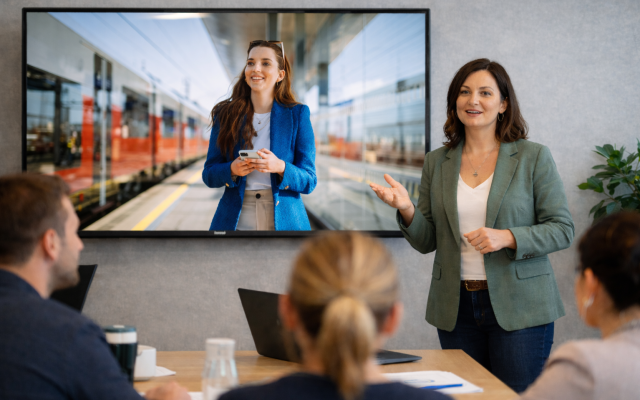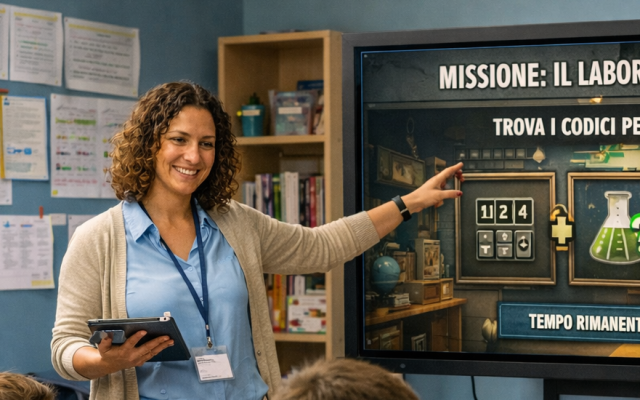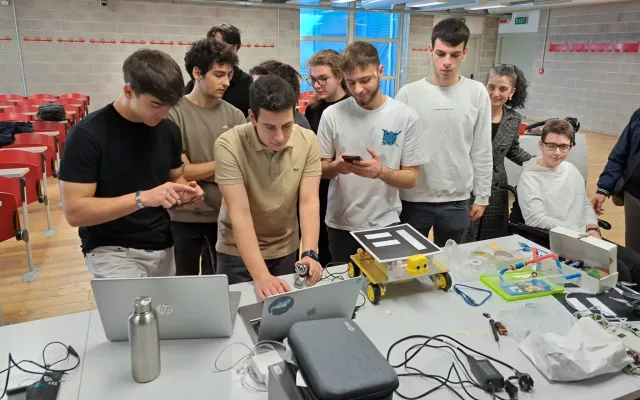3 min.
The Project presented by the Fondazione Mondo Digitale and Google for scholastic integration and social inclusion of disabled children. The presentation event will be held in Cava de Tirreni (Salerno) in the context of the Second European Robotics Week (26 Nov – 2 Dec), an event that aims to inform the public on the impact and future impact of robots in our society.
Project Robotics Against Isolation will be presented on 29 November 2012 in Cava de Tirreni (Sa) at the 3° Circolo Didattico (via A. Salsano). The didactic programme, which has been developed by the Fondazione Mondo Digitale with the support of Google, aims to improve the scholastic integration of disabled children in the schools of central and southern Italy through the introduction of interactive robotics.
The works will be opened at 10 am by Headmaster Mario Di Maio and followed by the presentations of Alfonso Molina, Professor of Technology Strategy at the University of Edinburgh and Scientific Director of the Fondazione Mondo Digitale; Laura Bononcini, Senior Policy Analyst for Google Italy and Michele Baldi, an expert in educational robotics. Mirta Michilli, Director General of the Fondazione Mondo Digitale will act as moderator and draw the conclusions. During the course of the event, students and teachers participating in the project will also voice their opinions, including the students from Rome thanks to videoconferencing facilities.
Project Robotics Against Isolation has identified Educational Robotics as a didactic model that forges innovation, education and inclusion. Teachers, administrators, students, families and local actors have been called upon to participate in the social inclusion of the weakest students, starting from the school context.
Four schools in Salerno (three primary and one secondary first degree schools in Cava de’ Tirreni ed Eboli), have twinned with schools in Rome (IC Tullia Zevi, Istituto Santa Maria di Roma, IC Mar dei Caraibi, IC Via Laparelli), to allow students and teachers to debate and share good didactic practices.
Robots can serve as play friends and teachers. Learning by doing and involving are the key words for this project that employs cooperative work to stimulate the participation of all the students that are experimenting solutions to the identified issues, coordinated by the Robotics expert.
Besides specific manuals, the didactic curriculum is also based on the use of real robots, ranging from the bee robot that helps children to develop their logical abilities, count and move about to the WeDo Construction Set that allows students to manually experiment and find alternative solutions and work in groups to Lego Mindstorm, an intelligent programmable chip that uses a simple but powerful programming language to stimulate creativity.
Moreover, training extends beyond the classroom. In fact, the project calls for the development of on-line robotic communities to share discoveries and knowledge, an area dedicated to disabled children and their families.
For further information:
• Agenda



